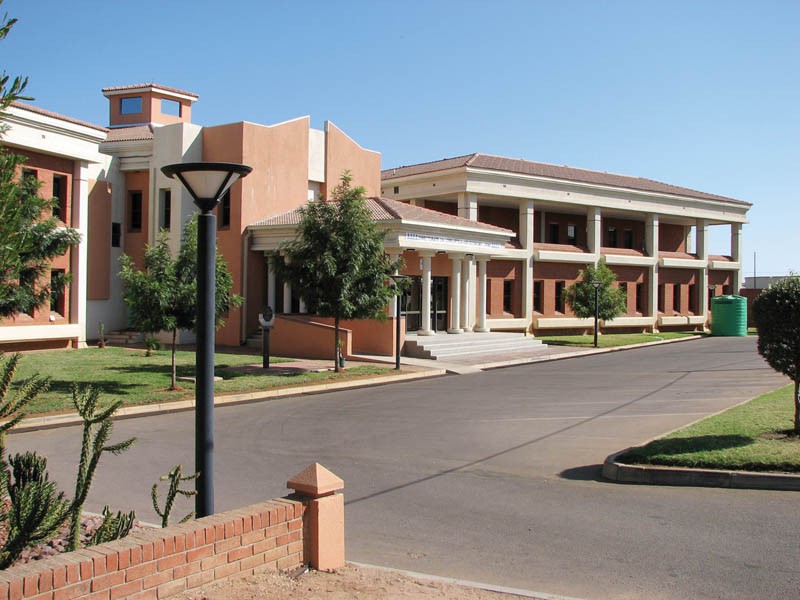Botswana least corrupt in Africa � report
Innocent Selatlhwa | Friday January 29, 2016 16:11


The index covers perceptions of public sector corruption in 168 countries. Based on expert opinion from around the world, the Corruption Perceptions Index measures the perceived levels of public sector corruption worldwide. Not one of the 168 countries assessed in the 2015 index gets a perfect score and two-thirds score below 50, on a scale from 0 (highly corrupt) to 100 (very clean). More than 6 billion people live in a country with a serious corruption problem. Sub Saharan Africa scored an average of 33 while the global average score is 43.
Sub-Saharan Africa faced a myriad of threats in 2015, from the Ebola epidemic to rising terrorism.
“Again and again we saw corruption exacerbate the causes of crises, and undermine the response.
This year’s index presents a worrying picture – with 40 of 46 countries showing a serious corruption problem and no improvement for continent powerhouses Nigeria and South Africa,” the reports reads.
Indicators for rule of law and justice score particularly badly.
While some governments are reducing risks for business, there’s little change for citizens – as systemic corruption leaves many countries struggling to uphold basic rule of law.
Denmark took the top spot for the second year running, with North Korea and Somalia the worst performers, scoring just eight points each.
Top performers share key characteristics: high levels of press freedom; access to budget information, so the public knows where money comes from and how it is spent; high levels of integrity among people in power; and judiciaries that don’t differentiate between rich and poor, and that are truly independent from other arms of government.
In addition to conflict and war, poor governance, weak public institutions like police and the judiciary, and a lack of independence in the media characterise the lowest ranked countries.
The big decliners in the past four years include Libya, Australia, Brazil, Spain and Turkey. The big improvers include Greece, Senegal and UK.
The Corruption Perceptions Index is based on expert opinions of public sector corruption. Countries’ scores can be helped by open government where the public can hold leaders to account, while a poor score is a sign of prevalent bribery, lack of punishment for corruption and public institutions that don’t respond to citizens’ needs.
